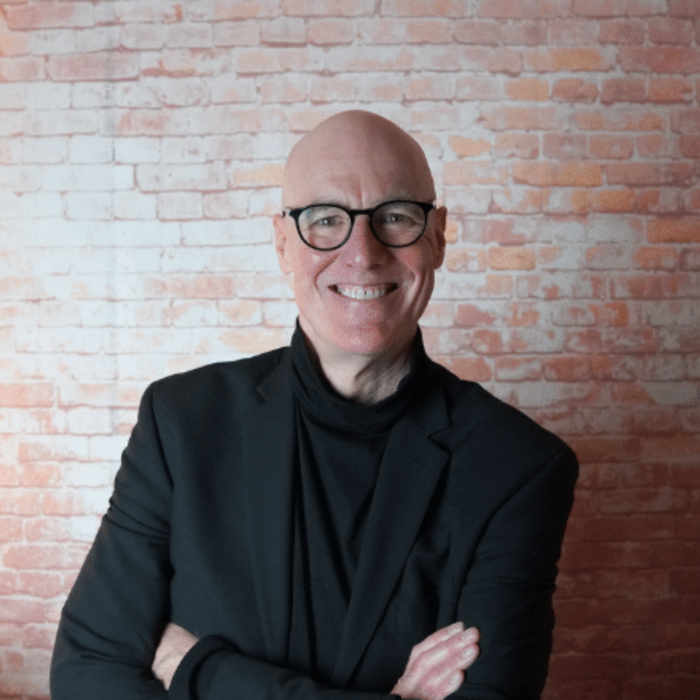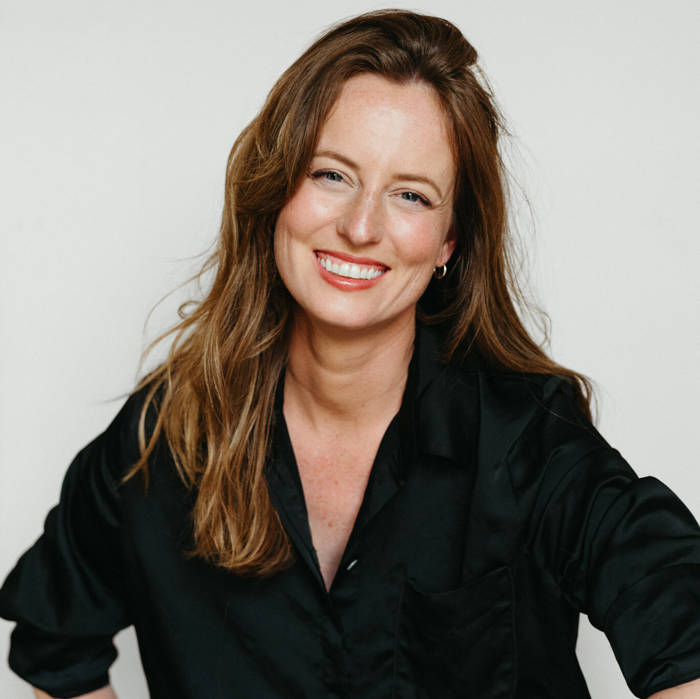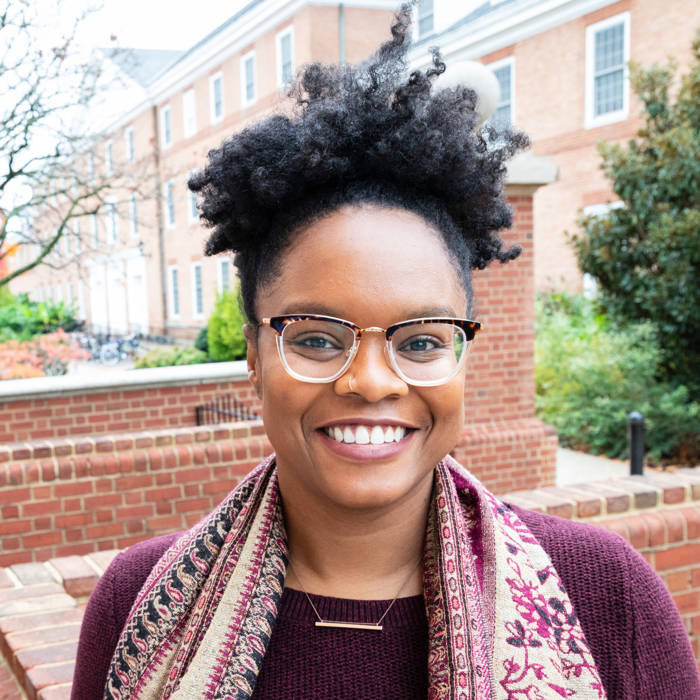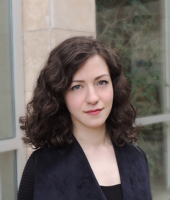Acoustics in the Voice Studio
Tuesday 31st October 2023, 5:00 PM - 7:00 PM (London Time)
For many voice teachers and practitioners, acoustics presents an intriguing yet elusive concept. We come across it, read about it and harbour curiosity, but frequently, the terminology and definitions become excessively technical and complex to understand. Because of this, many put acoustics books in their 'for later' pile and skim over acoustics research.
The aim of this course is to give you the fundamentals of acoustics so you can understand and apply these concepts to your teaching or research, in an absolute beginner friendly way.
We will begin with an overview of how understanding acoustics can benefit singers and voice practitioners. Then we will move on to exploring aspects of sound — waves, pitch, frequency, amplitude, wavelength, resonance, and harmonics. We will briefly delve into human hearing and its relevance to our voice before moving on to how sound behaves in enclosed spaces, whether it is a spacious hall or a compact vocal tract. Finally, we will look at how data from acoustic software can be interpreted in real-life situations. At the end, you will have the chance to ask all your questions about potential applications to your teaching practice or research ideas.
This course will cut through the complexity and demystify the jargon, explain how acoustics can be useful for practitioners, and help you determine potential applications for student success. Upon completing this course, you will not only hold an understanding of acoustics but also possess the knowledge to identify potential applications that pave the way for student success.
Attend both Jan Svec's Basics of Voice Acoustics for Voice Pedagogues and Gökçe Kutsal's Acoustics in the Voice Studio and save £10!
Gokce Kutsal
Gokce Kutsal is an experienced interior architect, acoustics designer and musician; her blended background has provided Gökçe with high proficiency as an acoustician...

Attend this course for as little as £22 as part of the Voice Professional Training CPD Award Scheme.
Learn MoreSorry, this is an archived short course...
We have plenty of upcoming short courses coming soon. See details of some of them below or look at the full list of short courses.

Tuesday 22nd July 2025
5:00 PM - 7:00 PM
Tuesday 29th July 2025
5:00 PM - 7:00 PM
Tuesday 5th August 2025
5:00 PM - 7:00 PM
Tuesday 12th August 2025
5:00 PM - 7:00 PM
Tuesday 19th August 2025
5:00 PM - 7:00 PM
Tuesday 26th August 2025
5:00 PM - 7:00 PM
(London Time)
Certificated Public Speaking Coach qualification - with John Henny

John Henny
Would you like to be a certified public speaking coach? Join the renowned John Henny for this exciting new online course! This six-week online certification course is designed to equip voice teachers with the specialised skills needed to work with public speakers, corporate trainers, educators, and presenters. Unlike a general public speaking course, this program is specifically tailored to train-the-trainer, giving voice professionals structured methodologies, coaching techniques, and applied skills to enhance vocal delivery, confidence, and influence in professional speakers.

Thursday 24th July 2025
5:00 PM - 6:00 PM
(London Time)
Transitioning From Soprano To Mezzo-Soprano - Pedagogical Approaches!

Dr Caitlin Moore
This workshop will explore the considerations for transitioning from soprano to mezzo-soprano. We will examine the history and vocal science related to voice classification as well as interviews with singers and voice teachers. Interviews feature singers who have experienced this Fach change themselves, as well as voice teachers who have helped singers navigate this shift.


Tuesday 29th July 2025
5:00 PM - 7:00 PM
(London Time)
Towards a Jazz Pedagogy: Lessons from Legends and Educators!

Dr Autumn Griffin
Join Dr Autumn Griffin as she explores the foundational tenets of jazz pedagogy as both a conceptual and practical framework for teaching, in this two-hour workshop. Drawing from her research in “Towards a Jazz Pedagogy: Learning with and from Jazz Greats and Great Educators,” she’ll investigate how jazz (its historical and cultural legacy, structure, improvisation, and relationality) can be mobilized to inform dynamic, liberatory educational practice!
